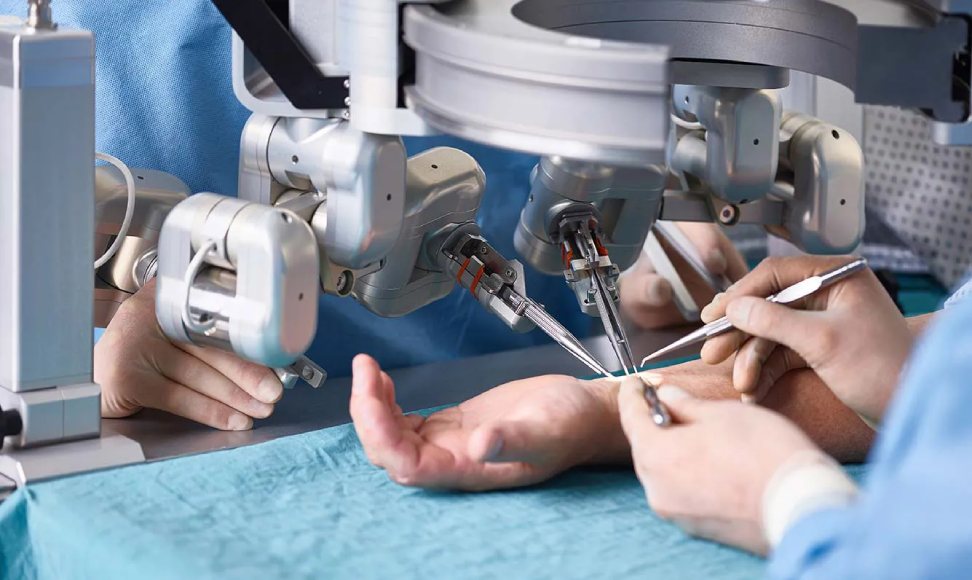Max66, Arsgroup777, ARS Group Exchange: Robotic surgery in healthcare offers numerous advantages over traditional surgical methods. One key benefit is the enhanced precision and accuracy that robots can provide during procedures. With robotic assistance, surgeons are able to perform delicate maneuvers with greater control and precision, leading to improved outcomes for patients.
Another advantage of robotic surgery is the reduced risk of complications and shorter recovery times. The minimally invasive nature of robotic procedures means less trauma to the body, resulting in less pain, scarring, and a quicker return to normal activities for patients. Additionally, the smaller incisions required for robotic surgery can lead to lower risks of infection and reduced hospital stays, ultimately saving both time and resources in the healthcare system.
The Impact of Robotics on Surgical Precision
Robotic surgery has significantly revolutionized the field of medicine by enhancing the precision of surgical procedures. The advanced technology allows surgeons to perform intricate tasks with utmost accuracy, minimizing the risk of human error. With the help of robotics, procedures that once required larger incisions can now be performed with smaller, more precise movements, leading to better outcomes for patients.
Furthermore, the capabilities of robotic systems enable surgeons to access hard-to-reach areas within the body that may be challenging to navigate using traditional surgical methods. The enhanced visualization and dexterity provided by robotics empower surgeons to perform complex surgeries with greater precision, ultimately improving patient recovery times and reducing post-operative complications. The impact of robotics on surgical precision is undeniable, transforming the way surgeries are conducted and setting new standards for safety and efficacy in healthcare.
How Robotics are Revolutionizing Minimally Invasive Procedures
Ars247, Wazeerexch, Peachexch: Robotic technology has significantly transformed the landscape of minimally invasive procedures in the field of healthcare. By employing robotic systems, surgeons are able to perform intricate surgeries through small incisions with enhanced precision and control. The robotic arms mimic the movements of the surgeon’s hands with increased accuracy, allowing for delicate maneuvers in tight spaces within the body.
Moreover, robotics have revolutionized minimally invasive procedures by providing surgeons with a three-dimensional view of the surgical site through high-definition cameras. This detailed visualization enables surgeons to navigate complex anatomical structures with greater ease, reducing the risk of complications and improving patient outcomes. The integration of robotics in surgery exemplifies the advancements in medical technology that continue to refine and redefine the standards of care in healthcare settings.
What are some benefits of robotic surgery in healthcare?
Some benefits of robotic surgery include increased precision, smaller incisions, reduced blood loss, shorter recovery times, and improved outcomes for patients.
How does robotics impact surgical precision?
Robotics can enhance surgical precision by providing surgeons with better visualization, improved dexterity, and the ability to perform complex maneuvers with more accuracy than traditional methods.
How are robotics revolutionizing minimally invasive procedures?
Robotics are revolutionizing minimally invasive procedures by allowing surgeons to perform complex surgeries with greater precision through smaller incisions, resulting in reduced trauma to the patient’s body, faster recovery times, and improved overall outcomes.
Additional:
- Is Fluid Control A Good Career Path?
- Is basic Industries A Good Career Path?
- Is Metal Fabrication A Good Career Path?

